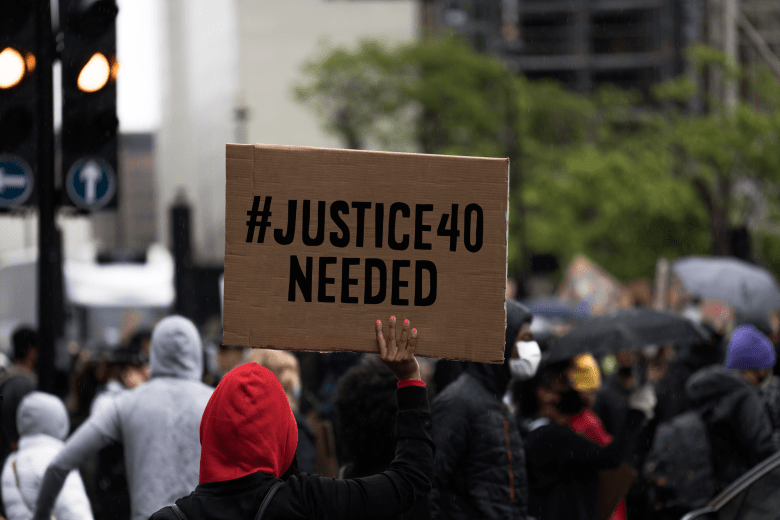WASHINGTON – The Trump administration continues to dismantle environmental justice staff and EPA programs. Over 150 employees at the Environmental Protection Agency’s) Office of Environmental Justice and External Civil Rights (OEJECR) were placed on paid administrative leave last Thursday.
This particular office works to reduce climate pollution and environmental harms to low-income and BIPOC communities, who have historically and currently experienced more harm from pollution than majority-white communities. With many of these employees sidelined, communities already facing disproportionate environmental burdens may struggle to receive the attention and protections they need.
Following the current administration’s recent rollback of the Justice40 initiative, which was designed to direct 40% of environmental funding to disadvantaged communities, these actions reflect a clear shift in priorities.

The Trump administration is working to eliminate federal involvement in environmental justice efforts, remove regulatory constraints on industries, and shift the EPA’s focus away from climate change and equity issues.
EPA staff cuts: The impact on Oklahoma
In Oklahoma, these actions have serious implications, particularly for Tribal lands, where environmental protections often depend on federal oversight.
Without key EPA staff in place, there may be reduced enforcement of environmental regulations, leading to increased pollution and health risks for Indigenous communities and other marginalized groups. Industrial facilities, including oil and gas refineries, could face fewer restrictions, potentially worsening air and water quality in already overburdened areas.
Environmental advocates argue that this move prioritizes corporate profits over public health, benefiting industries like oil, gas, and manufacturing at the expense of communities that have long suffered from environmental degradation. Critics warn that without a strong federal presence, polluters will have even more freedom to operate without accountability.
Cuts to the Justice40 initiative show an ever-growing interest by this administration to favor big industries over people. The rollback of environmental justice programs, particularly in states like Oklahoma, signals a future where corporations face fewer restrictions while vulnerable communities bear the brunt of the consequences.
As the fight for environmental justice continues, many advocates are calling for stronger state and local actions to fill the gap left by federal inaction.
Related Stories:
- Activists fight back as Trump rolls back Justice40 initiative
- President who fired aviation security calls D.C. crash preventable


